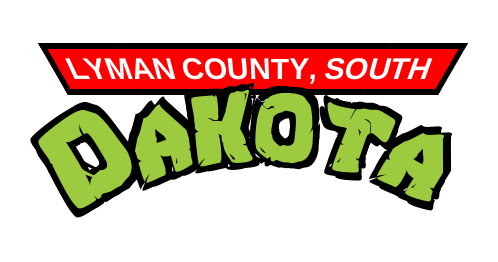|
South Dakota's Lyman County agreed to replace a member of its Board of Commissioners with a Lower Brule Sioux Tribe member in a Tuesday consent decree, ending the tribe's claims that county officials disenfranchised Native American voters by dragging out a redistricting plan. The South Dakota tribe and several tribal members agreed to wrap up a Voting Rights Act suit leveled against Lyman County and several county officials in South Dakota federal court. The tribe had argued that the county's voting system diluted Native American votes and should be scrapped immediately, noting that no member had ever been elected to the Board of Commissioners, though tribal members constitute 40% of the county's population. Under the consent decree, Commissioner Brian Kraus will resign his post and be replaced by a tribal member appointed by the remaining commissioners. The tribe also agreed to a finding that an ordinance that postponed implementing new election rules does not violate the Voting Rights Act. "Plaintiffs and their legal counsel, including [the Native American Rights Fund], shall not state or infer in any manner that Lyman County officials acted with discriminatory intent, are racist, or engaged in racist conduct," the consent decree also mandated. Kraus was elected as a Lyman County Commissioner in November 2020 under the at-large election system. In that system, voters of the entire county elect all members of the Board of Commissioners. Lyman County revisited the electoral method after the release of 2020 census data, according to the tribe's May suit against Lyman County and its five-member board of commissioners. Under a redistricting plan adopted by the county earlier this year, which required a South Dakota legislative amendment, officials split the county into two multimember districts. According to the plan, one seat in the majority-Native American district and one in the majority-white district would come up for grabs in 2024, and the remaining two seats in the majority-white district and a second seat in the majority-Native district would be up for votes in 2026. But the tribe objected to that delay. Chief U.S. District Judge Roberto A. Lange found in August that the at-large elections likely violated the Voting Rights Act. And in September, Judge Lange ordered Lyman County to stand by an updated redistricting plan that would allow the Lower Brule Sioux Tribe to vote on both seats in the majority-Native district in 2024. The Tuesday consent decree also mandates that the county fork over $150,000 in attorney fees and expenses and implement an education program informing county voters of the changes. The tribe is encouraged to supply a list of recommended tribal members for the commission's consideration in replacing Kraus, but the commission isn't constrained by those recommendations, according to the decree. "For the first time, Native Americans will have a voice and a seat at the county table," Native American Rights Fund attorney Samantha Kelty said in a statement. "The Tribe and county came together and through compromise worked out a resolution that ensures for the next 12 years, the county is bound to protect the strength of the Lower Brule Sioux Tribe's vote." Counsel for Lyman county did not respond to a request for comment on Tuesday. The Lower Brule Sioux Tribe is represented by Randolph J. Seiler of Randy Seiler Law Office LLC, Samantha B. Kelty, Michael S. Carter, Matthew Campbell and Allison A. Neswood of the Native American Rights Fund, Bryan Sells of The Law Office of Bryan L. Sells LLC, Tara Ford and Kathryn Eidmann of Public Counsel and John F. Libby and Sirena P. Castillo of Manatt Phelps & Phillips LLP. Lyman County is represented by Sara Frankenstein of Gunderson Palmer Nelson & Ashmore LLP. The case is Lower Brule Sioux Tribe et al. v. Lyman County et al., case number 3:22-cv-03008, in the U.S. District Court for the District of South Dakota.
0 Comments
Leave a Reply. |
HISTORY
April 2024
Categories |
© Walk 4 Change. All rights reserved.


 RSS Feed
RSS Feed